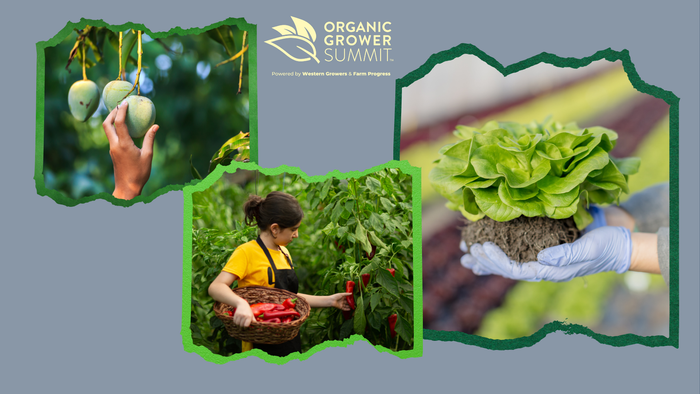Promote a value-added supply chain, change the world
In this Natural Products Expo West 2019 session, farmers and leading brands come together to discuss how supporting regenerative agriculture will greatly benefit consumers, brands, farmers and the planet.

“We’re on the right path, but the truth is, we’re on the verge of another farm crisis … It’s an economic crisis—net farm incomes have decreased by 50 percent since 2013—it’s really scary. Also, a crisis of attrition, where our farmers are aging out and retiring—the average age is 58; farmers over 65 outnumber farmers under 35 6-to-1—and that means the land they are farming is about to transition.”
—Sophie Ackoff, National Young Farmers Coalition
Highlights:
Brands must help farmers find complementary products and markets to drive the transition to regenerative agriculture, or small farms will go out of business.
Lakota Sioux found 100 uses for each animal they slaughtered. “We need to go back to that kind of thinking,” says Birgit Cameron of Patagonia Provisions.
A brand must know every step in its supply chain or it won’t have a regenerative agricultural supply chain. “You will never know what’s happening on the farm,” says Edward Siemek of Pipeline Foods, which is dedicated to creating sustainable supply chains in agriculture.
Having access to farmland is the No. 1 challenge for young people who want to farm. Another is that would-be farmers are constrained by student-loan debt, says Sophie Ackoff of the National Young Farmers Coalition.
This session—Building Bridges Between Farmers and Brands—The Brand Toolkit: Processes and Tools to Support a Value-Added Supply System—was recorded at Natural Products Expo West 2019. Click "download" below to access the presentation slides.
About the Author
You May Also Like



.jpg?width=700&auto=webp&quality=80&disable=upscale)
